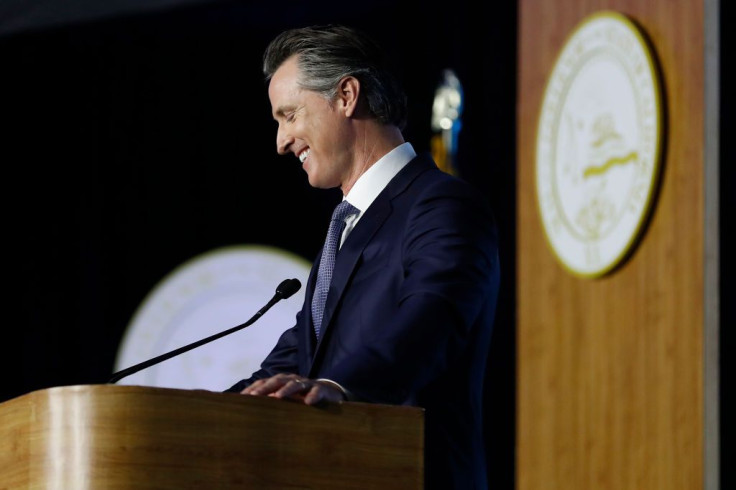California Governor Puts A Stop To Death Penalty With New Moratorium

The death penalty has long been a point of contention for state governments. Like many other hot-button issues, there seems to be a sharp divide between those in favor and those against.
Amid a changing political landscape, one state appears to be moving toward the ending capital punishment.
On Wednesday morning, 737 death row inmates in California will be given reprieves from the death sentence, according to reports. This move comes from an executive order by Democrat Gov. Gavin Newsom.
"Our death penalty system has been – by any measure – a failure," Newsom said. "The intentional killing of another person is wrong. And as governor, I will not oversee the execution of any individual."
This falls in line with Newsom's political ideology, who has been a longstanding opponent to the death penalty. He was one of the strongest voices behind a 2016 measure that would have banned the death penalty. California voters, however, ended up voting down the initiative.
Newsom's decision could be the first potential steps in California ending the death penalty, which failed in 2016 as well as in 2006. A federal judge in 2006 issued a moratorium on executions.
California, which makes up a quarter of the country’s death row inmates, is one of 31 states that still allows the death penalty, though there hasn't been an execution in over 13 years. According to the Sacramento Bee, several death row inmates were out of appeals, which meant that it could have started up again sooner than later.
Newsom could face some backlash for the executive order. Michele Hanisee, the President of the Association of Deputy District Attorneys, and Kent Scheidegger, legal director for the Criminal Justice Legal Foundation, both expressed frustrations with the decision. Hanisee pointed towards the previous initiatives that were voted down while Scheidegger called it an abuse of power by Newsom.
The moratorium will remain in place until the end of Newsom's term. A new governor could choose to end it or continue it.
Newsom's move comes at a time when Democrats have expanded their powers in Sacramento. Democrats have a supermajority, with 28 seats in the 40-member Senate, and a two-thirds advantage in the Assembly.
© Copyright IBTimes 2025. All rights reserved.





















